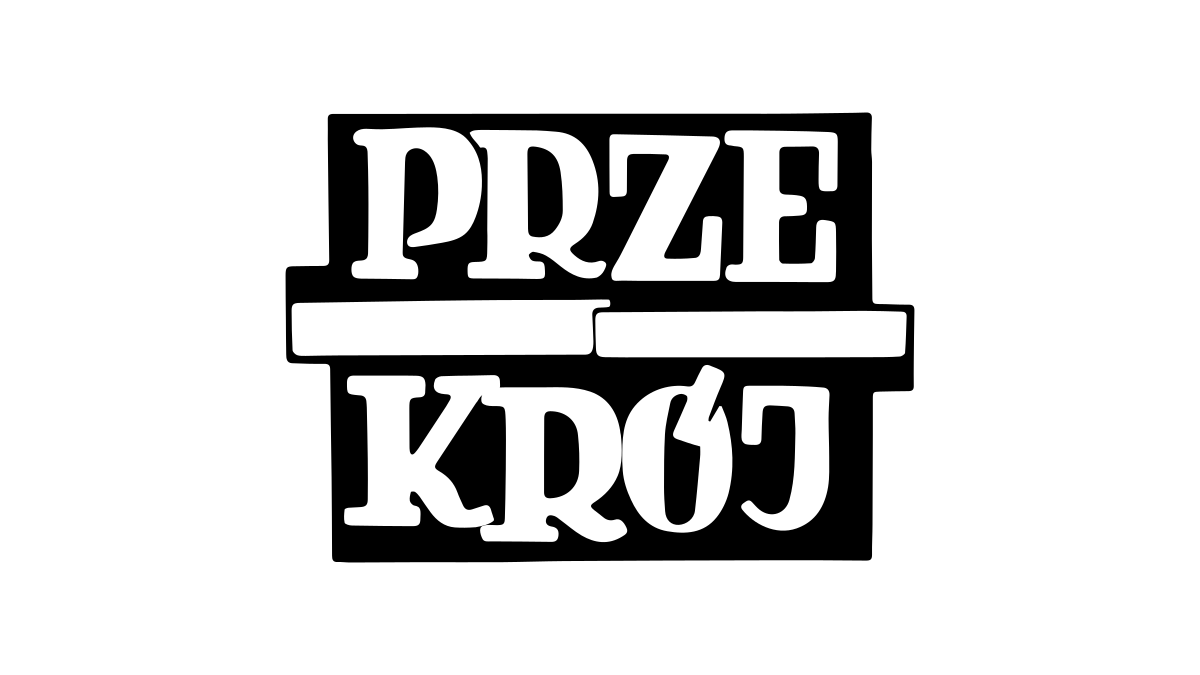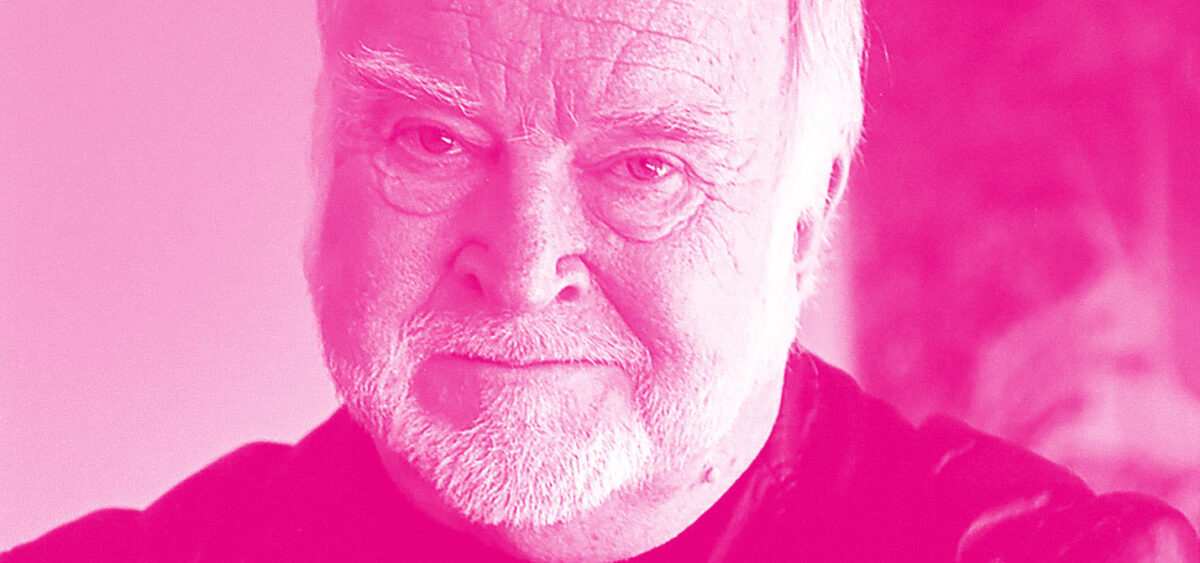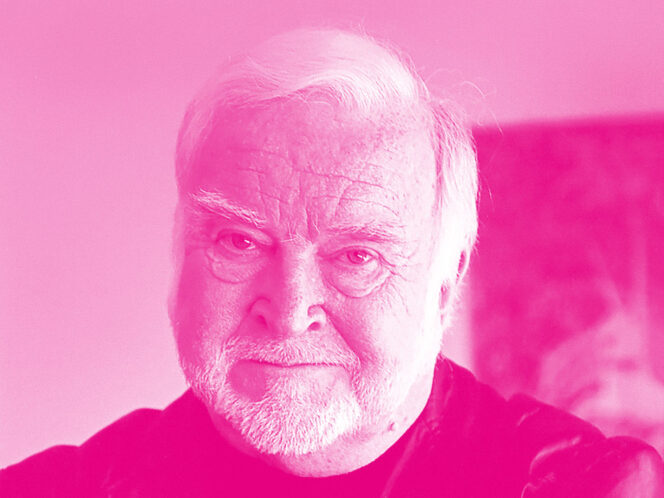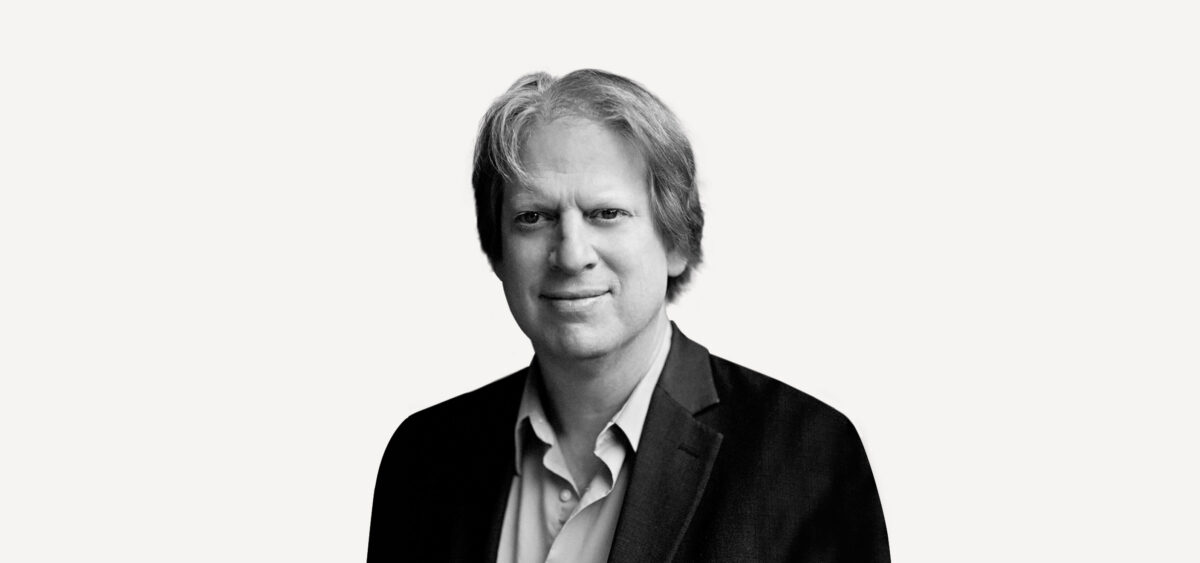
Iconic psychologist Mihály Csíkszentmihályi tells Tomasz Stawiszyński about his recipe for a particular kind of happiness—a satisfaction with what you do here and now.
The flow starts on Saturday, 30th November 2019 at noon (local time) in Skirball Cultural Center in Los Angeles. That’s when I get a message from Zuza Lewandowska, my colleague from Przekrój who is responsible for foreign relations. The message is short. “Mihály Csíkszentmihályi will meet you after all. Be at his place in Clermont tomorrow at 2pm. Good luck.”
Csíkszentmihályi, one of the most important contemporary psychologists, had been having health problems for the last few months. Just when it seemed that everything was arranged and that we would soon have our conversation, the interview was unfortunately called off.
I had other appointments in California, and I’d already bought the tickets, so I went to Los Angeles anyway, travelling with my wife, Cveta Dimitrova. We were hoping quietly that Mihály would get better after all. And he did.
We arrive on time. Clermont is a small town about forty kilometers from Los Angeles. The house sits among green gardens where lemon and orange trees grow. Izabela, Mihály’s wife, opens the door. It turns out she’s from Poland. After the liberation of the Dachau concentration camp in April 1945, she and her parents emigrated to America. She speaks excellent Polish, with an incredibly clear accent, but still uses the pre-war syntax. However, she flatly refuses a long conversation in Polish, for she claims that the language makes her uncomfortable.
Then Mihály joins us. Both he and Izabela are so friendly and open that after a quarter of an hour it seems we’re all old friends. They show us photo albums and tell us about their sons – Christopher the artist, and Mark the sinology professor at the University of Berkeley.
Before we sit down with Mihály to talk about his concept of flow—a state of mind








